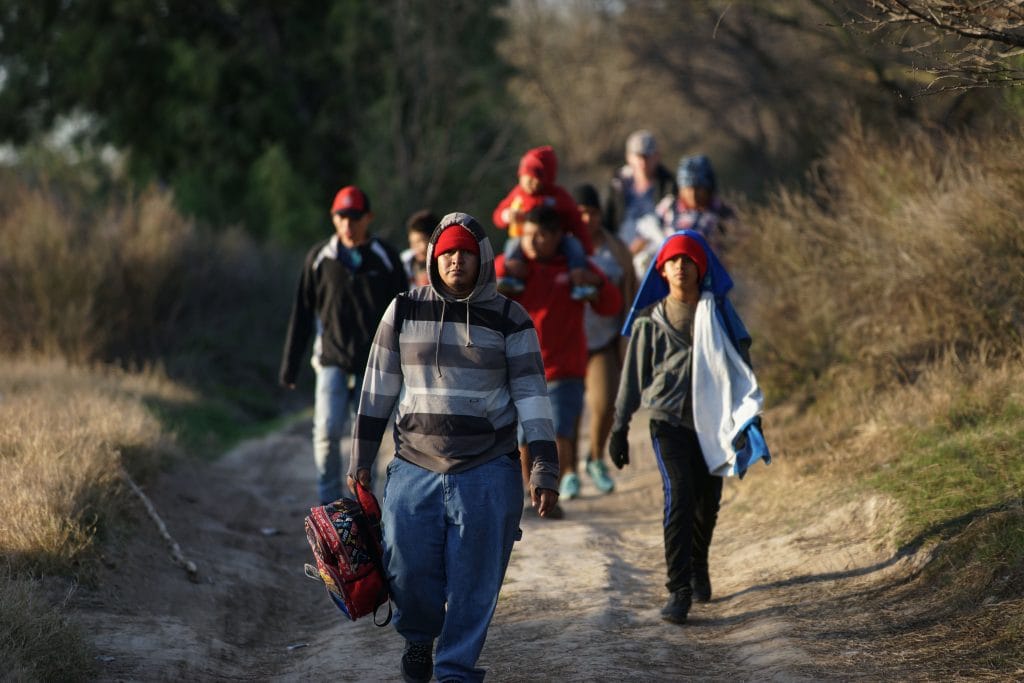The United States (U.S.) Supreme Court ruled on June 23 that the federal government can temporarily proceed with deporting immigrants to “third countries” — nations they are not originally from — including Libya, South Sudan, and El Salvador. The decision suspends a lower court ruling from April 2025 that had blocked such deportations.
In a 6–3 emergency decision, the Court did not provide a detailed legal explanation. The three liberal justices — Sonia Sotomayor, Elena Kagan, and Ketanji Brown Jackson — dissented, warning that the ruling could expose thousands of people to violence in unstable regions with poor human rights records. In her dissent, Justice Sotomayor criticized the decision as prioritizing executive power over human safety.
The case stems from the U.S. administration’s attempt to deport eight non-citizens — only one of whom is originally from South Sudan — to that country. The remaining individuals are from Cuba, Mexico, Laos, Myanmar, and Vietnam. A federal judge in Massachusetts had previously blocked their removal, citing the need for individuals to have time to challenge deportation to dangerous third countries.
Following the ruling, the deportation flight was redirected to a U.S. military base in Djibouti, where the individuals are reportedly being held in a converted shipping container while awaiting further decisions.
The administration is also seeking to deport individuals to Libya. Both Libyan and South Sudanese officials have denied formal agreements with the U.S. on this matter, though court filings suggest negotiations have taken place, possibly involving financial or diplomatic incentives.
The Trump administration is reportedly seeking to expand its list of potential deportation destinations and may broaden the current travel ban to include up to 36 additional countries, primarily in Africa. A recent court filing also mentioned that restrictions on deportations could jeopardize U.S. commercial interests, particularly in Libya’s oil sector.
Legal analysts suggest the Supreme Court’s decision could have long-term implications for U.S. immigration policy and human rights protections.



